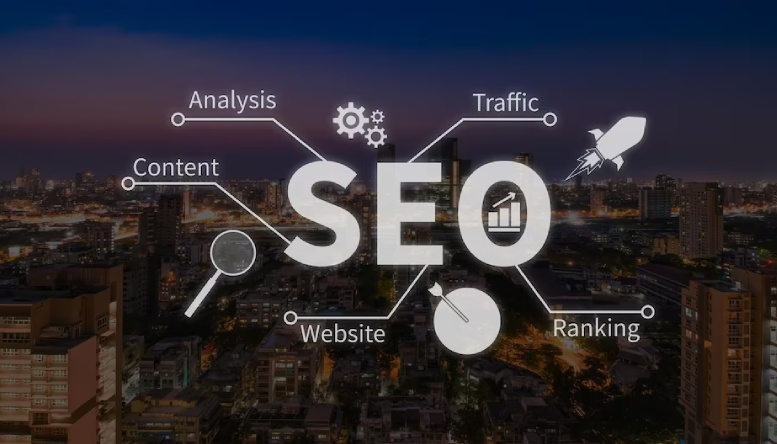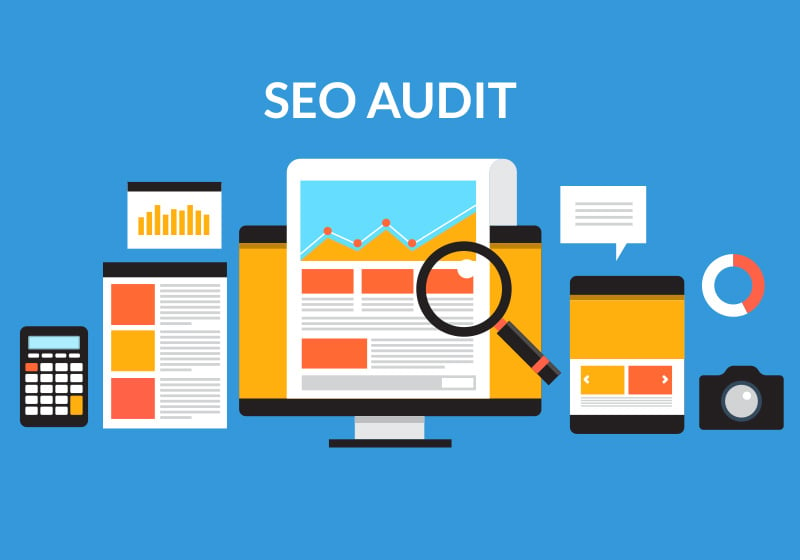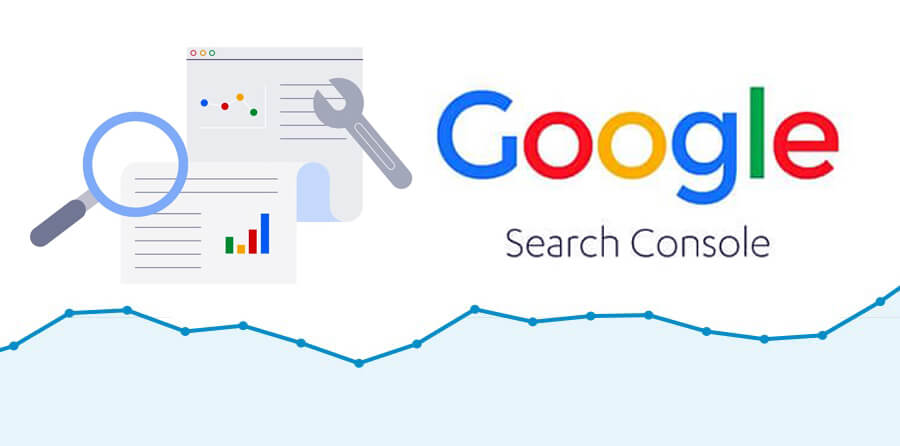Search engine optimization (SEO) is an important component of any successful digital marketing strategy, especially for SaaS businesses looking to increase their online visibility and attract potential customers.
Effective SEO management involves a comprehensive approach that encompasses both on-site and off-site optimization techniques, as well as the use of specialized tools and best practices.
What is SEO Management?

SEO management is the process of optimizing a website to improve its visibility and ranking in search engine results pages (SERPs). This involves a range of strategies and techniques designed to enhance the website’s relevance, authority, and user experience. The goal of SEO management is to drive organic traffic to the website, ultimately leading to increased brand awareness, engagement, and conversions.
Benefits of SEO Management

Effective SEO management offers numerous benefits for SaaS businesses, including:
- Increased Organic Traffic: Optimizing your website for relevant keywords and improving its overall search engine visibility can help attract more qualified organic traffic to your site.
- Better Search Engine Rankings: Implementing SEO best practices and building high-quality backlinks can help your website rank higher in search results, making it easier for potential customers to find you.
- Enhanced User Experience: SEO management focuses on creating a user-friendly, navigable, and engaging website that provides value to visitors, encouraging them to spend more time on your site and interact with your content.
- Cost-Effective Marketing Strategy: Compared to paid advertising, SEO is a more cost-effective, long-term strategy for driving targeted traffic and generating leads.
What Services Do SEO Companies Provide?

SEO companies offer a range of services designed to improve a website’s search engine performance, including:
- Keyword Research: Identifying the most relevant and valuable keywords to target based on search volume, competition, and relevance to your business.
- Content Creation: Developing high-quality, engaging, and keyword-optimized content that attracts and informs your target audience.
- Content Marketing: Promoting your content through various channels, such as social media, email marketing, and guest posting, to build backlinks and drive traffic.
- Local SEO: Optimizing your website and online presence for local search queries, including Google Business Profile optimization and local citation building.
- On-Page SEO: Optimizing individual web pages, including titles, meta descriptions, headers, and content, to improve their relevance and visibility for targeted keywords.
- Off-Page SEO: Building high-quality backlinks from authoritative websites to improve your site’s domain authority and search engine rankings.
- Technical SEO: Ensuring your website is properly structured, fast, mobile-friendly, and easy for search engines to crawl and index.
- Link Building: Acquiring high-quality, relevant backlinks from authoritative websites to improve your site’s authority and search engine rankings.
- KPI Tracking: Monitoring and analyzing key performance indicators, such as organic traffic, rankings, and conversions, to measure the success of your SEO efforts.
- Reporting: Provide regular, detailed reports on your website’s SEO performance, including progress, challenges, and recommendations for improvement.
- Competitor Analysis: Research and analyze your competitors’ SEO strategies, backlink profiles, and content to identify opportunities for improvement and stay ahead of the competition.
How Much Do SEO Companies Charge For Their Services?

The cost of SEO services varies depending on factors such as the size of your website, the complexity of your industry, and the scope of services required. On average, SEO companies charge between $500 to $5,000 per month, with some offering project-based pricing or hourly rates.
What Does On-Site SEO Management Involve?
On-site SEO management focuses on optimizing elements within your website to improve its visibility and relevance to search engines. This includes:
- Conducting keyword research to identify valuable terms to target
- Optimizing page titles, meta descriptions, and headers to include targeted keywords
- Creating high-quality, keyword-rich content that provides value to users
- Ensuring proper website structure and navigation
- Optimizing images and videos with relevant file names, alt tags, and descriptions
- Implementing schema markup to provide additional context to search engine’s
- Improving page speed and mobile-friendliness for better user experience
What Does Off-Site SEO Management Involve?
Off-site SEO management focuses on improving your website’s authority and relevance through external factors, primarily backlinks. This involves:
- Building high-quality, relevant backlinks from authoritative websites
- Creating and promoting valuable content to attract natural backlinks
- Engaging in guest posting and broken link building to acquire new backlinks
- Monitoring and disavowing low-quality or spammy backlinks to maintain a healthy link profile
- Using social media to promote content and drive engagement
- Managing online reputation and building brand mentions across the web
Do I Need SEO Management Services?

If you want to improve your website’s visibility, attract more qualified traffic, and ultimately grow your SaaS business, investing in SEO management services can be highly beneficial. While it’s possible to implement some SEO strategies on your own, working with an experienced agency can provide you with the expertise, resources, and time needed to achieve optimal results.
SEO Management Process

A typical SEO management process involves the following steps:
SEO Audit

An SEO audit is like a health check for a website. It rates how well the site performs in search engines and shows areas that need work. This audit is often the first step in managing SEO. It helps website owners see what their site does well, what it doesn’t, and how to make it better.
An SEO audit looks closely at different parts of a website. It checks for technical SEO problems like crawl errors, broken links, and slow loading times. These issues can hurt the website’s performance. The audit also looks at content quality, keyword targeting, backlinks, and whether the site works well on mobile devices.
Finding both technical and content issues, an SEO audit highlights what stops a website from ranking well in search engines. This helps businesses target their improvements effectively and create a good plan for SEO management.
Strategy Development
Strategy development takes the insights from the SEO audit and turns them into a clear plan. This helps ensure that all SEO efforts fit with the main business goals. It includes setting achievable objectives, defining target audiences, finding relevant keywords, and creating a plan to optimize the website and its content.
A good SEO strategy development looks at both on-page and off-page optimization methods. It includes figuring out the best content formats, finding chances for link-building and brand mentions, and focusing on important technical SEO fixes.
With a clear SEO strategy in place, businesses can concentrate on activities that give the best return on investment. They can also measure their success against their business goals effectively.
Implementation
The implementation phase of SEO management is where the planned SEO strategies are carried out. This important step turns ideas into real changes on the website and more. It includes updating website content, improving technical parts, building strong backlinks, and using other methods from the SEO strategy.
Implementation is not just about following a checklist. It needs careful action. You must understand how each part helps achieve the SEO goals during this stage. For example, when creating SEO content, you should use relevant keywords. It’s also important to make sure the content is good, easy to read, and offers value to the user.
Putting SEO strategies into action helps businesses boost their search engine rankings, increase website traffic, and improve online visibility. But remember, this is an ongoing process that requires patience, watching what happens, and making changes along the way.
Monitoring and Reporting

Monitoring and reporting are very important parts of SEO management. The digital world is always changing, and so are search engines. This means it’s essential to track progress, analyze key metrics, and report on how effective SEO efforts are. It helps to keep moving forward.
SEO experts use different tools and methods to check how well a website is doing and how the SEO strategies are working. This includes tracking organic traffic growth with tools like Google Analytics. It helps in understanding which pages bring in visitors and finding out where traffic might drop. Experts also watch keyword rankings to see how visible the website is for important search terms.
Regular reports on these key metrics give businesses useful insights. This helps them make smart choices, use resources wisely, and improve their SEO strategies over time. A good SEO strategy needs to adapt and respond to changes in the digital world.
Tools For SEO Management

Effective SEO management relies on a variety of tools to analyze, optimize, and monitor website performance, including:
Google Analytics

Google Analytics is vital for SEO experts. It’s free and provides data on website traffic and user behavior. This tool tracks essential numbers to show businesses how visitors interact with their site. They can see where users come from, the pages they view, time spent, and user demographics.
Analyzing this data helps companies understand their audience better. They can identify areas needing enhancement and assess SEO effectiveness. For example, high bounce rates on certain pages indicate quick exits.
Google Analytics aids decisions on website content, design, and user experience due to its user-friendly interface and robust reports.
Google Search Console

Google Search Console (GSC) is a free tool from Google. It helps website owners keep track of their site in Google search results. This tool shows website owners how Google sees their site. It also points out problems that might lower site traffic or hurt search engine rankings.
GSC has many features. It tracks how a website performs for certain keywords. It also finds crawl errors, which can stop Google from indexing pages. Another helpful feature is submitting sitemaps to Google. This helps search engines crawl and index a website’s content smoothly.
Checking Google Search Console data regularly can help businesses find and fix issues it shows. This can improve their website’s visibility, boost search engine results, and create a better user experience for visitors.
SEO Audit Tools

SEO audit tools are important for finding technical issues. They help spot chances to improve on-page optimization. These tools also analyze backlink profiles. Overall, they give a clear view of a website’s strengths and weaknesses related to SEO. Using these tools makes the audit process easier and provides important data for optimizing websites.
Some well-known SEO audit tools include Ahrefs, Semrush, and Moz. These tools offer detailed reports about things like domain authority, backlinks, keyword rankings, and on-page SEO health. They also focus on technical SEO. They can find problems with site speed, mobile-friendliness, broken links, crawl errors, and more.
Finding these issues, SEO audit tools help businesses decide what changes to make first. They allow companies to focus on improvements in technical SEO, upgrade content, and enhance their online presence.
Keyword Research Tools

Keyword research tools are very important for any SEO professional. They provide helpful insights into the search terms that people use when looking for information online. These tools show data on search volume, keyword difficulty, and related keywords. This helps businesses find relevant keywords that fit their target audience and create useful content that connects with them.
In addition to giving data about search volume and competition, many keyword research tools let you analyze competitor websites. They help find keyword gaps and opportunities to beat competitors in search results. Tools like Semrush, Ahrefs, and Google Keyword Planner help businesses find valuable long-tail keywords. They also help optimize content for voice searches and discover new keyword opportunities.
When businesses understand the keywords bringing traffic to their competitors’ sites, they can improve their content strategy. They can focus on relevant keywords and increase their chances of getting qualified traffic.
Best Practices For SEO Management

To achieve the best results from your SEO management efforts, consider the following best practices:
- Stay Up-to-Date With SEO Trends: The world of SEO is constantly evolving, so it’s important to stay informed about the latest trends, algorithm updates, and best practices to ensure your strategies remain effective.
- Focus On User Experience: Prioritize creating a user-friendly, engaging, and valuable website experience, as this can improve user satisfaction, reduce bounce rates, and ultimately boost your search engine rankings.
- Regularly Monitor and Analyze Performance: Use tools like Google Analytics and Search Console to regularly track your website’s SEO performance, identify areas for improvement, and measure the success of your efforts.
- Collaborate With Other Marketing Channels: Integrate your SEO efforts with other digital marketing channels, such as content marketing, social media, and email marketing, to create a cohesive and effective overall strategy.
FAQ’s:
What is the Difference Between SEO and SEM?
SEO focuses on improving organic search visibility through optimization techniques, while SEM (Search Engine Marketing) includes both SEO and paid advertising strategies like Google Ads.
How Long Does it Take to See Results From SEO Management?
The timeline for seeing results from SEO management varies depending on factors such as the competitiveness of your industry, the current state of your website, and the effectiveness of your strategy.
On average, it can take 3-6 months to start seeing significant improvements in rankings and traffic.
How Much Does SEO Management Cost?
The cost of SEO management varies depending on the size of your website, the complexity of your industry, and the scope of services required. On average, SEO companies charge between $500 to $5,000 per month, with some offering project-based pricing or hourly rates.
Can I Do SEO Management Myself, Or Do I Need to Hire an Agency?
While it’s possible to implement some SEO strategies on your own, working with an experienced agency can provide you with the expertise, resources, and time needed to achieve optimal results.
If you have limited knowledge or resources for SEO, hiring an agency can be a worthwhile investment.
How Do I Measure the Success Of My SEO Management Efforts?
To measure the success of your SEO management efforts, track key performance indicators such as organic traffic, search engine rankings, click-through rates, bounce rates, and conversions. Use tools like Google Analytics and Search Console to monitor these metrics and identify areas for improvement.
Conclusion
So, you know how important it is for SaaS businesses to up their online game, right?
Well, that’s where effective SEO management comes in. It’s all about boosting your visibility, drawing in the right kind of traffic, and growing your customer base in the digital world.
By diving into a mix of on-site and off-site optimization techniques, using some cool tools, and sticking to best practices, you can really amp up your website’s search engine performance and set yourself up for success in the competitive online scene.
Here at VH-info, we’re all about helping SaaS businesses like yours with top-notch SEO management services. Our team of pros can whip up a customized strategy just for you, using our tried-and-true methods and insider knowledge to get you the results you’re after. Hit us up today to find out how we can take your SaaS business to the next level with killer SEO management.

